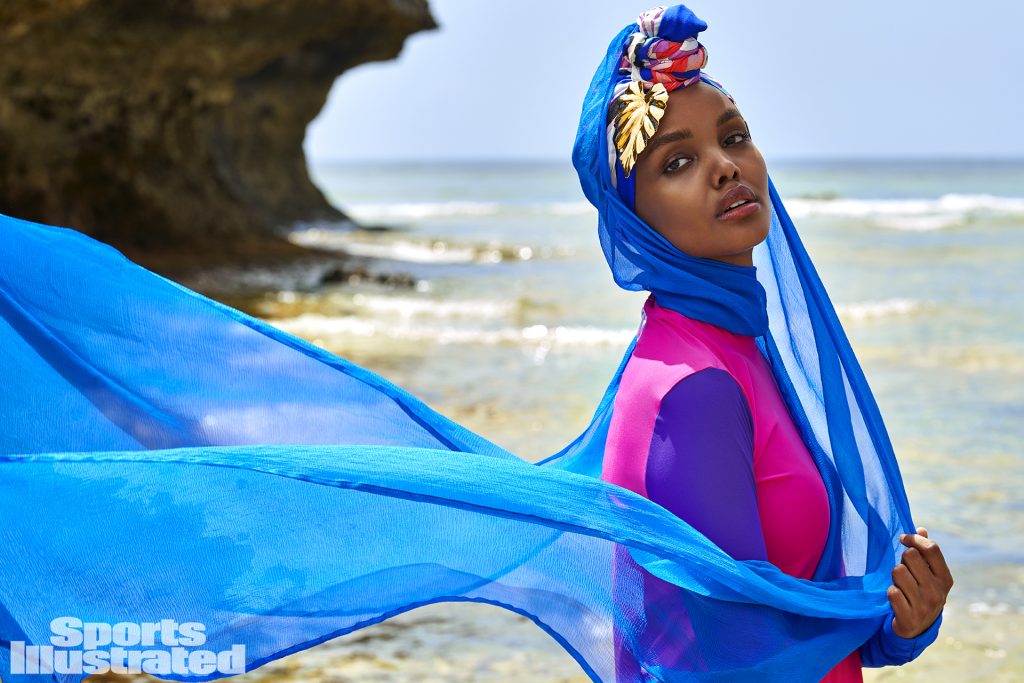Beauty Standards Changing in 2019, Especially for Women of Color
Are they changing fast enough?


In 2019, beauty standards are being dismantled, dissected and redefined.
But to look at where we are right now, we need to look at where we’ve been.
In 1964, Sports Illustrated rolled out its first official swimsuit issue. While the magazine has continued to emphasize scantily-clad cover models, this year’s swimsuit issue seems to be bridging the gap.
Although there are still women in bikinis in the swimsuit issue, one of them is an openly gay and incredibly talented athlete, US Soccer star Megan Rapinoe. Another is Halima Aden, a Muslim model wearing a hijab and burkini.
And this year, Tyra Banks is on the cover again. Banks is 25 pounds heavier than she was when she first appeared on the magazine over 20 years ago.
Christine Brennan, a longtime USA Today columnist and commentator for ABC and CNN, joins Detroit Today with Stephen Henderson to talk about the SI swimsuit issue and how beauty standards are changing.
Later in show, the conversation turns to a discussion about beauty standards and hair within communities of color.
For centuries, the idea of “good” vs natural hair has been a primary tool in the subjugation of black women and men.
In fact, in several places throughout the Western world, including the United States, hair texture has been used as a key marker for racial and social classification.
While civil rights protections have emerged as a buffer against the more obvious forms of mistreatment against African Americans, prejudiced views about hair — and black people’s hair in particular — persist as a legacy of this loaded history.
Now consider this, as of earlier this month, all three of our country’s top beauty queens are women of color. Miss USA Cheslie Kryst, Miss Teen USA Kaliegh Garris and Miss America Nia Franklin are all African American.
So at this moment in time, when the country’s three top beauty queens—a title that is pretty indicative of our nation’s beauty standards—are all black women.
Elizabeth Wellington is a fashion columnist for the Philadelphia Inquirer who says it’s finally time to say goodbye to cultural legislation that stigmatizes natural hair. She joins Detroit Today to discuss this further.
Piper Carter, a Detroit-based fashion photographer and community organizer, also joins the show.
Click on the audio player above to hear the full conversation.
